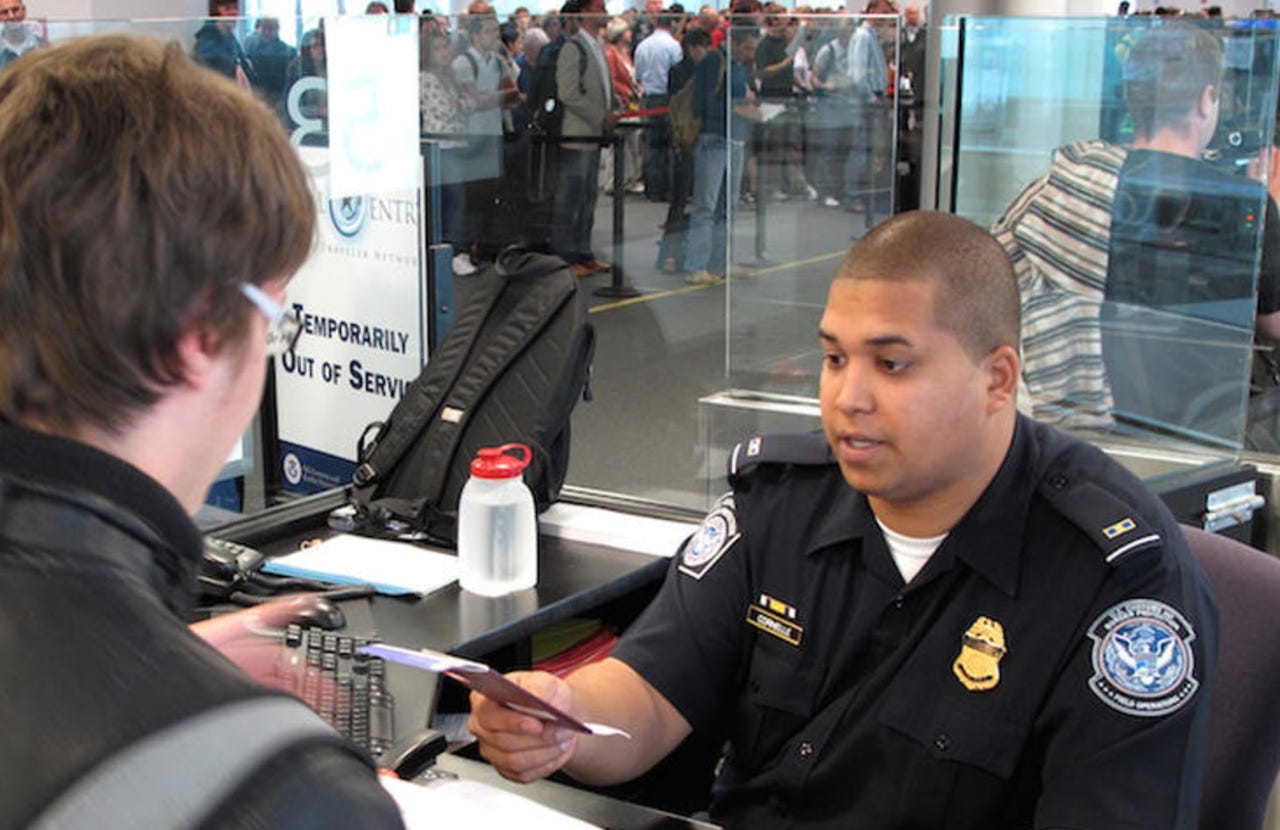US reveals new airport security measures to avoid expanding laptop ban


US Homeland Security secretary John Kelly has revealed new measures to screen flights coming into the US, in a bid to avoid expanding the current laptop ban further.
On Wednesday, as reported by The Guardian, Kelly said the introduction of stricter security measures airside will remove the need for the administration from enforcing the in-cabin electronics ban to more countries, but as threats are still lurking, something must be done.
"Inaction is not an option," Kelly said.
The US currently prevents devices larger than your average smartphone from being carried as cabin luggage on flights from Jeddah and Riyadh, Saudi Arabia; Dubai and Abu Dhabi, UAE; Amman, Jordan; Casablanca, Morocco; Doha, Qatar; Kuwait City, Kuwait; Istanbul, Turkey; and Cairo, Egypt.
Airlines, fliers, business travelers, and companies alike all accepted the laptop ban with annoyance and criticism. From parents with young children that need to be entertained to business fliers unwilling to place their precious laptops -- or work devices -- in cargo where they could be damaged or stolen, the laptop ban was met with little enthusiasm.
Other countries soon followed suit. The UK introduced a ban on large electronic devices in-cabin from airports in Turkey, Lebanon, Egypt, Saudi Arabia, Jordan, and Tunisia, and both Australia and New Zealand considered adopting the ban.
According to the Homeland Security secretary, airlines will now be required to introduce enhanced screening of personal electronic devices, passengers, and test for explosives -- potentially through more swabbing and clothing checks -- for roughly 2,000 commercial flights arriving into the US on a daily basis from 280 airports in 105 countries.
More canine searches and areas for interviews and secondary screening will also be required.
While many travelers would prefer to arrive a little earlier to airports for the screening rather than go on a long-haul flight without as much as a tablet or laptop to entertain them, this does mean that additional pressure will be placed on airlines to find the staff, time, and space to conduct additional screenings without fresh disruption or delays.
Should airlines fail to the meet the US government's new standards, however, they still face the possibility of future in-cabin laptop bans -- which, in turn, may turn customers away from them and to competitors that are not restricted.
In other words, for the sake of future revenue and bookings, they cannot get this wrong.
"We expect all airlines will work with us to keep their aircraft, their crew, and their passengers safe," Kelly said.
News agency Reuters reports that the measures, which will begin to come into effect within the next three weeks, will require airlines to increase explosives detection within 21 days, and they will have 120 days to comply with enhanced screening.
Read also: Laptop, tablet ban? Here's why it could actually be good
The DHS does not have jurisdiction over all airports, of course -- but it does have power when it comes to direct flights to the US. The first 10 airports hit with the airport ban will have the chance to get off the restriction list should they comply to the agency's satisfaction, although no details have been released concerning exactly which security measures must be enforced, or by when.
The airline industry, however, has criticised the decision.
"The development of the security directive should have been subject to a greater degree of collaboration and coordination to avoid the significant operational disruptions and unnecessarily frustrating consequences for the traveling public that appear likely to happen," said Nicholas Calio, CEO of industry trade group Airlines for America.